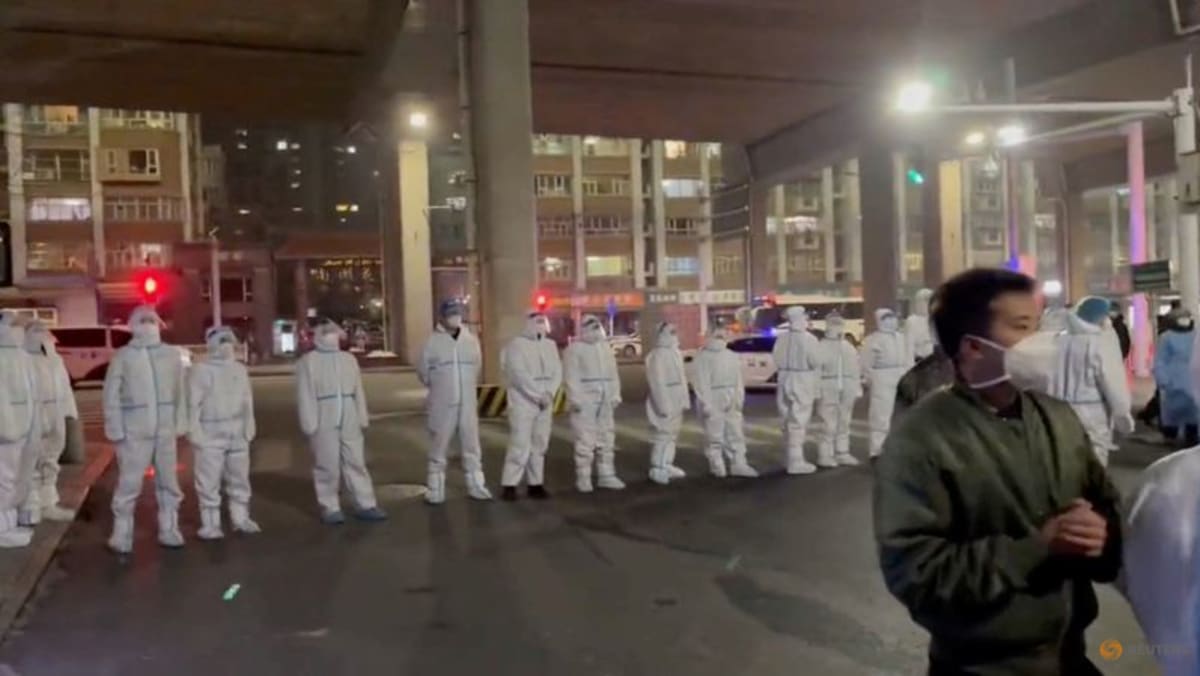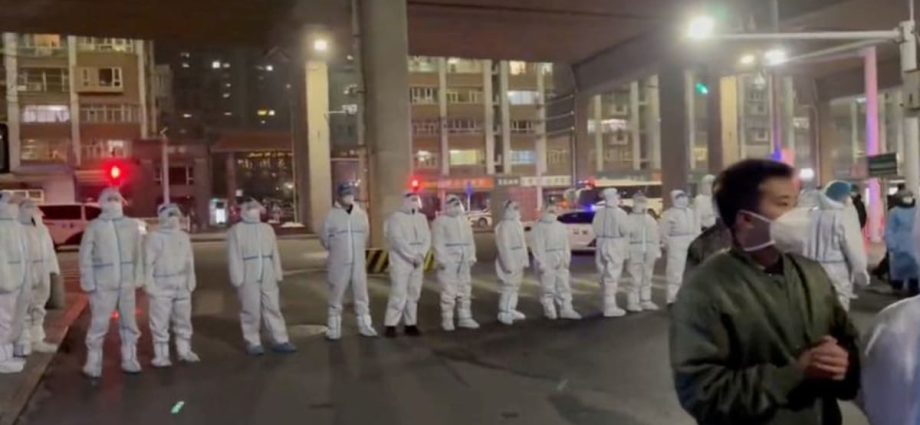Inside Chinaâs zero-COVID world: How it changed some residents forever

WHERE ARE THEY NOW?
My co-producer and I conducted the first interviews in December 2022 when China had just abandoned zero-COVID.
I spoke to some of interviewees again in February 2023 after the country was hit by a brutal exit wave of infections.
We got back in touch with the four (we used pseudonyms for all to protect their identities) after we wrapped production to see how they were doing.
“Jie” was one of the first workers to escaped from the iPhone factory in Henan. He is now doing odd jobs to support himself and his widowed mom.
After being deeply scarred by his time inside Foxconn’s “closed loop management”, he said he doesn’t plan to ever return to that job.
“Susu” was haunted by the experience of being trapped in Xinjiang even after her escape.
“I still have nightmares. Once I dreamt that I was still trapped in Xinjiang. Another time I dreamt that the officials turned up at my door and said they would take me back, that I had to be there for three years,” she said on the podcast.
Today Susu is no longer having bad dreams, but the fear of losing control lingers. She’s moved to the countryside to build a house and start a farm. She said she now wants to be self-sufficient.
“Kaka” is the tech worker who was laid off and went to work as a lockdown enforcer for only a few days before China ended lockdowns for good.
On the podcast, she said: “It feels a bit ridiculous that I couldn’t even hang on to a job enforcing COVID rules.”
Kaka has now found another job in the tech industry, but she doesn’t know how long she can hold on to the job after her experience. She is hoping to retire when she turns 35 and end the cycle of job changes.
Perhaps the most drastic change happened with Hammer.
He has now become somewhat of a doomsday prepper. Hammer is keeping six months’ worth of food at home and has set up his own power generator in case the lockdown comes around again.
“There were only two things on my mind: One is to find enough food, the other is not to go crazy,” he said of the last lockdown on the podcast.
When I caught up with him again, Hammer told me that he has listened to both episodes and while he was initially alarmed by how freely he spoke, he said he soon realised that in a normal society, he would have no reason to fear.
“I don’t think I belong here anymore,” he told me.
Right now, he’s planning to pursue a PhD in Europe.
Both episodes of Red Wall: Inside China’s zero-COVID world are available on all major podcast platforms.

